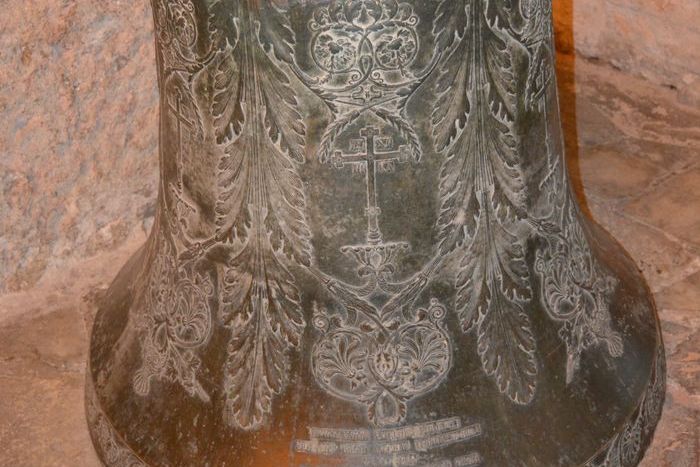A clearer law was issued by Valentinian II, Theodoisus and Arcadius on Aug 6, 390. It also survives in the Theodosian Code:
Cod.Theod. IX. Vii. 6: All persons who have the shameful custom of condemning a man’s body, acting the part of a woman’s to the sufferance of alien sex (for they appear not to be different from women), shall expiate a crime of this kind in avenging flames in the sight of the people.
The wording is obscure – is it directed at passive partners or “sodomists” for instance? – but the attitude is clear. Again, it is less clear that this was ever applied, and, as noted, the tax on boy prostitutes continued to be collected. Still, this is beginning of the penalty or burning which was supposed to have been applied in areas in which Roman law ran. .
Justinian [r. 527-565]
With Justinian, the situation seems to change. First we have historical accounts in Procopius and Malalas indicating that there was active persecution of some homosexuals. Secondly, Justinian’s legislative activity was persistent. First there was the strictness of the Corpus Juris Civilis of 533. More significantly, Justinian issued two “Novels” directed against homosexual activity. Because of Justinian’s fame as a legislator these have been widely read and were influential. But they are also qualitatively different from the earlier laws: they are as much about mix moralism with sterness and as extreme punishment.
Although legal provisions against homosexual activity [Bailey 80, thinks primarily concerned with the corruption of boys and male prostitution] were maintained in later Byzantine legal codes, there is much less evidence that these laws were applied in practice, especially in the later years of the Byzantine empire.. [See the bibliography attached, especially Laiou..]
Novel 77 [358 CE]
…since certain men, seized by diabolical incitement practice among themselves the most disgraceful lusts, and act contrary to nature: we enjoin them to take to heart the fear of God and the judgment to come, and to abstain from suchlike diabolical and unlawful lusts, so that they may not be visited by the just wrath of God on account of these impious acts, with the result that cities perish with all their inhabitants. For we are taught by the Holy Scriptures that because of like impious conduct cities have indeed perish, together with all the men in them.
1: [there follows a section condemning various blasphemies — swearing by God’s Hairs’, or “by God’s head”]…For because of such crimes [not clear if this means just blasphemies or homosexual practices as well] there are famines, earthquakes, and pestilences; wherefore we admonish men to abstain from the aforesaid unlawful acts, that they may not loose their souls. But if, after this our admonition any are found persisting in such offenses, first they render themselves unworthy of the mercy of God, and then they are subjugated to the punishment enjoined by law.
2: For we order that most illustrious prefect of the Capital to arrest those who persist in the aforesaid lawless and impious acts [this must refer to homosexual and blasphemous acts] after they have been warned by us, and to inflict on them the extreme punishments, so that the city and the state may not come to harm by reason of such wicked deed.
And if, after this our warning, and be found who have concealed their crime, they likewise shall be condemned by the Lord God. And if the most illustrious prefect find any who have committed any such offense. And shall omit to punish them according to out laws, first he will be liable to the judgment of God, and he will also incur our indignation.
Read More about Includes texts of earlier Roman legislation on homosexuality








